
During a recent webinar, journalists and scholars from northern Central America describe the threats and violence they face at home. For some, it’s led to exile, but not to giving up.
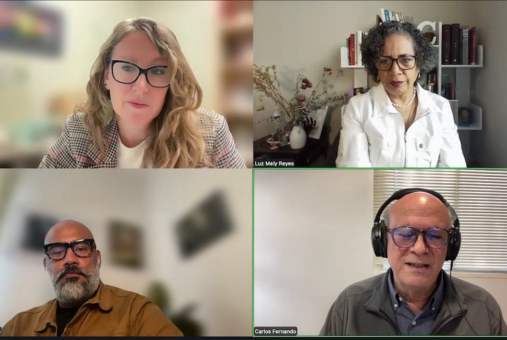
The founders of Revista Factum, Efecto Cocuyo and Confidencial continue to document their governments’ repression. In a Knight Center panel, they explain why continuing their work from abroad is essential.
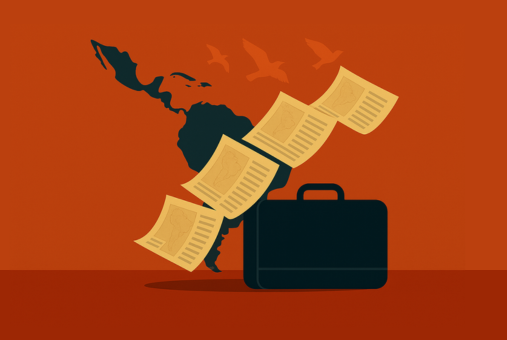
As repression and job insecurity drives reporters from their countries, founders of three independent outlets will discuss practicing journalism in exile during a free online event.

Although a new report from Voces del Sur recorded fewer attacks on the press in 2024, press freedom is not improving. Violence and harassment persist, and more journalists are turning to self-censorship or exile.
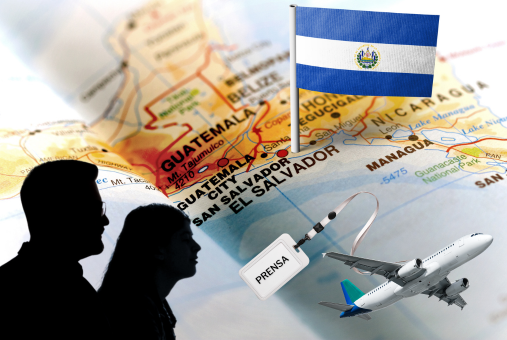
The Salvadoran Journalists Association says it can no longer report attacks on freedom of expression from within the country, citing a law that "criminalizes" them and restricts foreign funding.
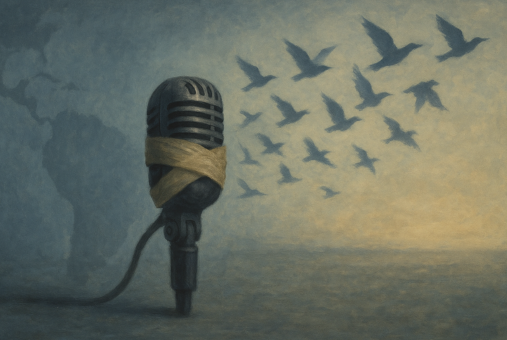
A new report says they face immigration challenges and income insecurity, leading many to abandon the profession.
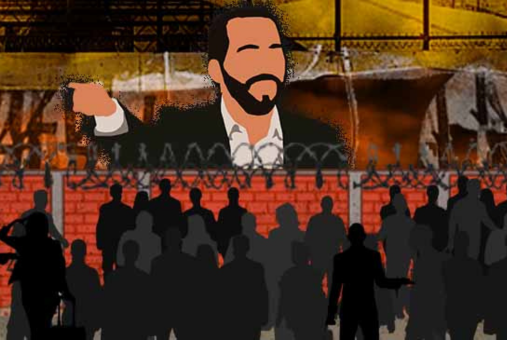
At least 47 journalists have fled to Guatemala, Mexico and Europe, as Bukele criminalizes the press and opposition.
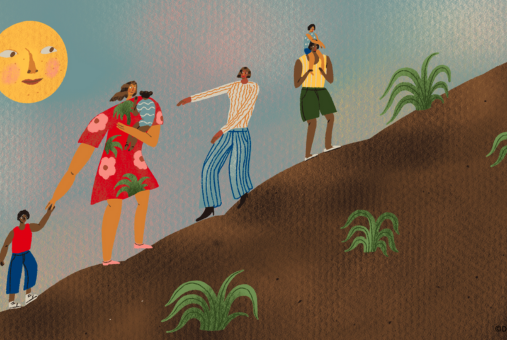
A new report finds online harassment, disproportionate caregiving burdens, and workplace bias are pushing exiled women journalists from Central America to altogether leave the profession.
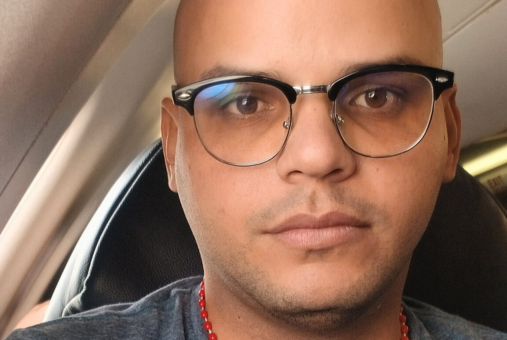
Journalist José Luis Tan says he feared arrest after months of harassment over his criticism of the Cuban regime. This is his story of a journey through rain, mud, and eleven borders in an attempt to escape a dictatorship that tried to silence him.
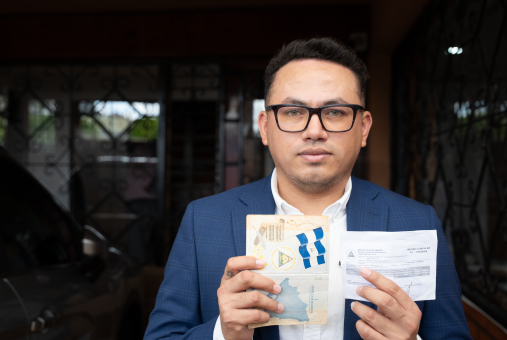
A group of seven Nicaraguan journalists exiled in Costa Rica have been unable to renew their identification documents and consider themselves "de facto stateless." They hope to obtain Spanish citizenship, just like their other colleagues banished from home.
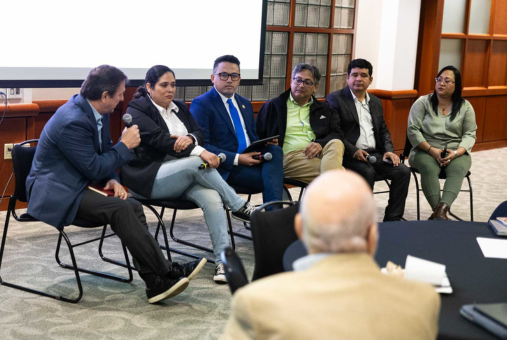
As systematic persecution by the Ortega-Murillo regime forces entire newsrooms to flee, exile has become a defining feature of Nicaraguan journalism. At the Ibero-American Colloquium on Digital Journalism, reporters shared their efforts to report, resist and stay safe.
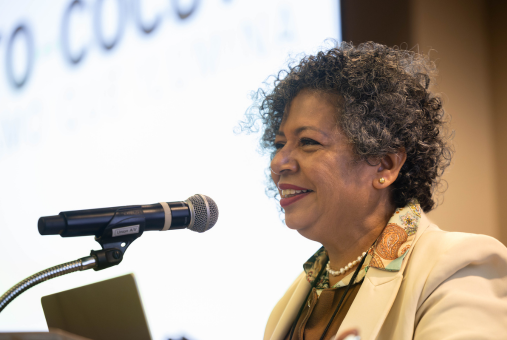
“You have to go” is the phrase that defines the exile of Venezuelan journalists and the title of the most recent investigation by Luz Mely Reyes, co-founder of digital media outlet Efecto Cocuyo. Her new study reveals how censorship and persecution have forced many to leave their country and reinvent themselves abroad.